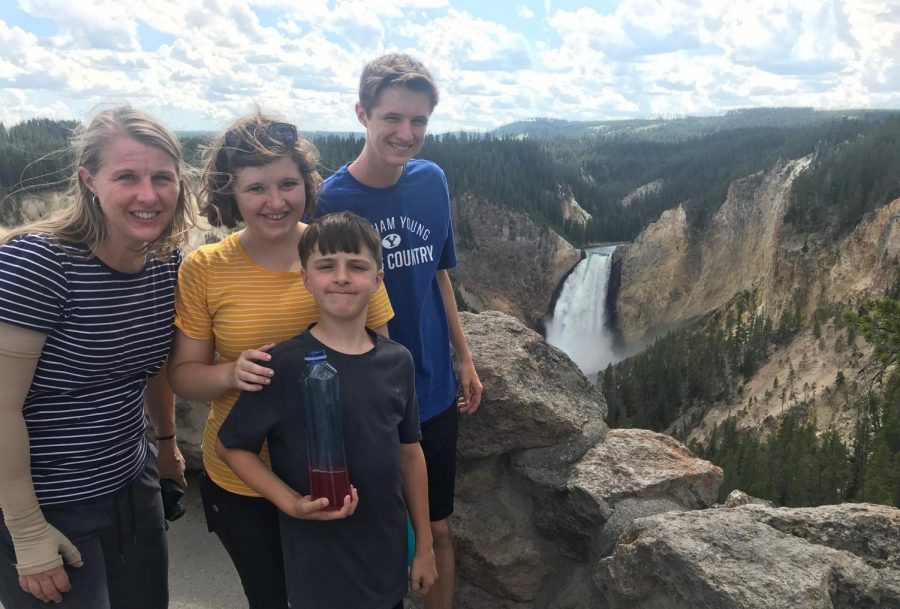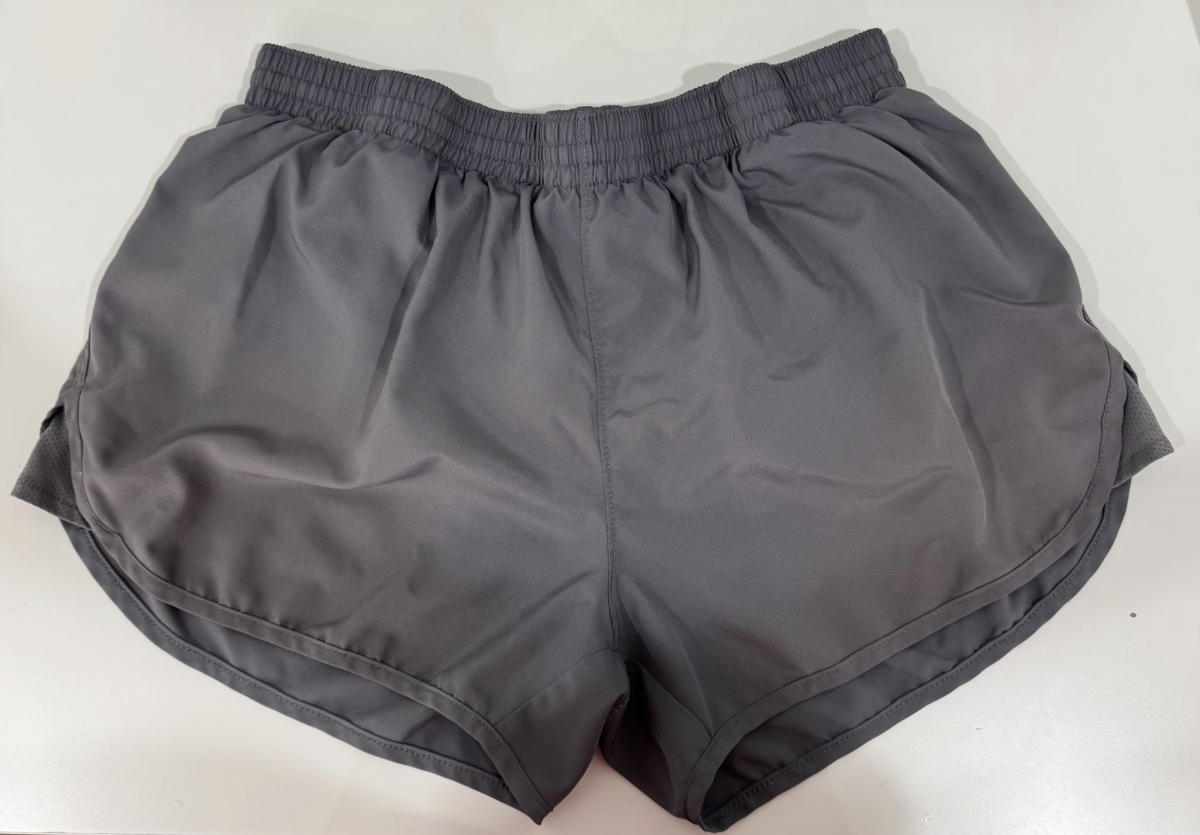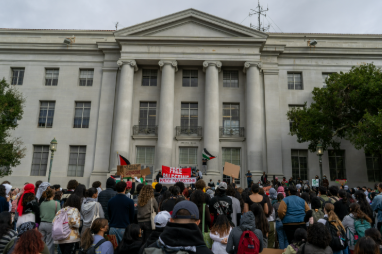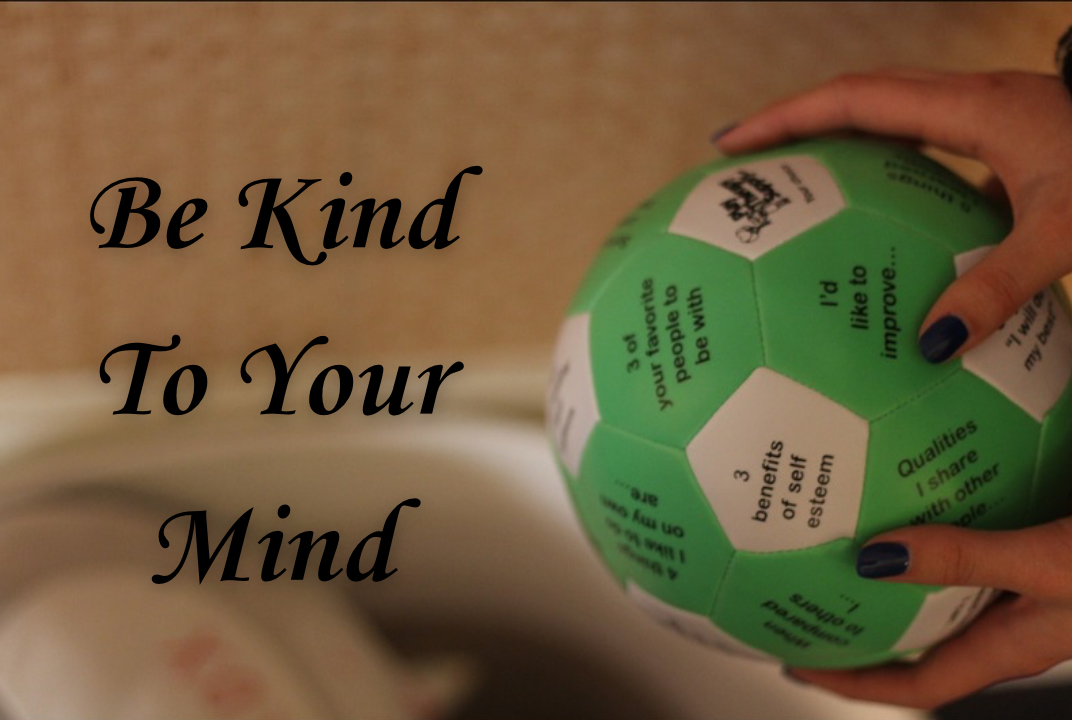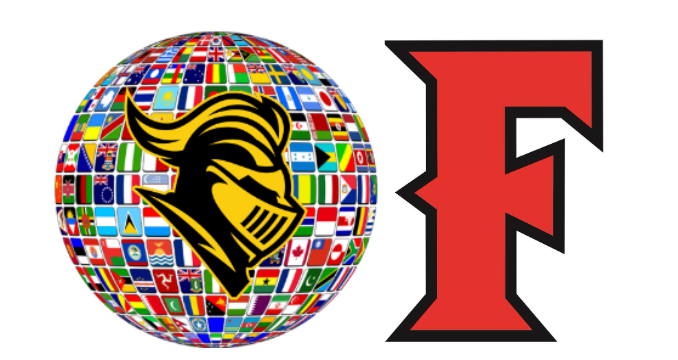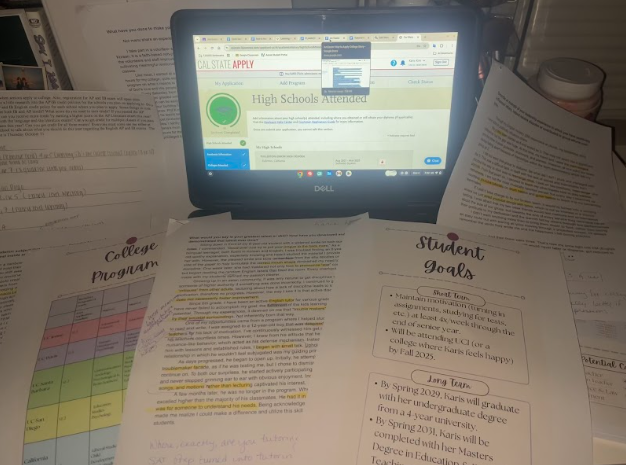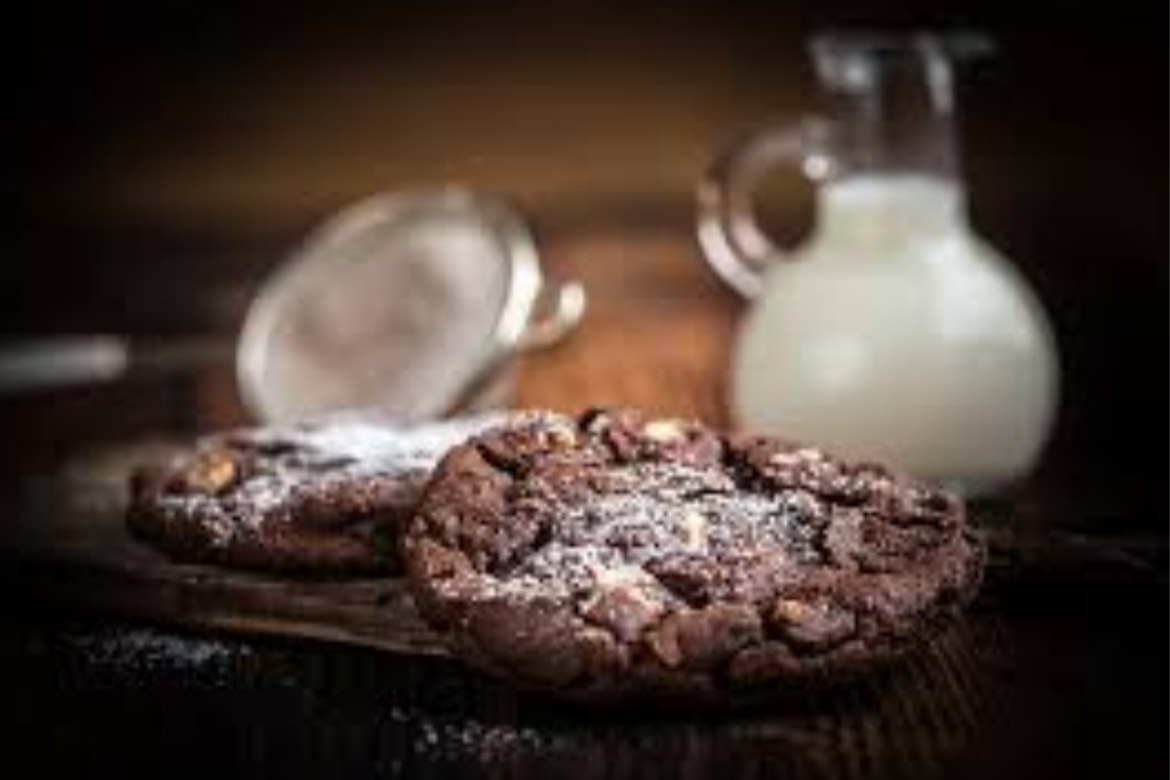I was in fifth grade. I was living a carefree life, playing with LEGOs with my four-year-old brother, reading Harry Potter, and doing well in school. Then everything changed.
My parents sat us down in the living room in a circle. My teenage sister, my brother, and I all sat, looking confused. My mom proceeded to tell us that she had been diagnosed with stage 3 breast cancer.
My granddad had passed away from pancreatic cancer about a year and a half prior, so this was a scary experience for us. I watched my sister’s eyes immediately well up with tears, my brother looked confused, and I just sat there. It didn’t really register for me. But later it settled in—my mom could be dying. The person who was always there to help me with homework, make me food, and support me in all my life’s dealings could be dying. And I, a little, crazy fifth grader—who thought he knew a whole lot about how the world worked—was forced to think about how my life would be without my mom.
The next day at school, I was completely zoned-out. I wasn’t focusing to the point that my teacher took me aside and asked why I wasn’t working like I normally did. I remember my little shaky voice telling her that my mom had been diagnosed with breast cancer, and I watched as her expression changed from confusion to a look of pity and comfort. She gave me a hug and told me it was going to be okay. She was willing to be there, to comfort me in my time of strife.
A few weeks later, my mom went into surgery. She underwent a procedure to have the majority of the cancer removed from her body before her chemotherapy. It was interesting to see my mother, the strongest woman I know, completely exhausted from the medications the doctors had pumped into her. But when I looked at her, she smiled. Her smile always brought me comfort. It was going to be okay.
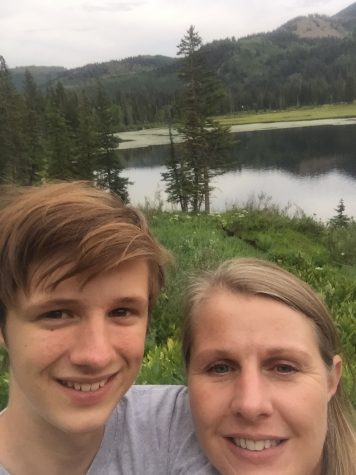
In another few weeks, at the beginning of the summer, my parents dropped me and my siblings off at a friend’s house as they went in to the hospital for my mom’s first session of chemotherapy. My little fifth-grade self forgot about the cancer, about all our troubles as I played LEGO Star Wars with my brother. I didn’t realize it, but we were brought closer together as we played, not even knowing what my mother was enduring.
I had no idea what was really happening, but everyone who took care of me and my siblings knew the seriousness of our situation. They were willing to take us in, feed us, and entertain us, just to keep the stress of three crazy kids off my parents’ backs.
Every three weeks, we’d be dropped off at a friend’s house. Five hours later, our parents showed up to pick us up. My mom’s hair began to thin and fall out. It was eerie, seeing my mother without her hair. But I knew that it was a sign that treatment was working. She was going to be fine.
At the end of summer, my mom finished chemo. She came home from her last treatment exhausted and drained, but happy. My dad helped her to bed and stayed by her side.
One of the biggest things I saw in this whole ordeal was the love my dad had for my mom. He took days off of work to just sit by her side as she was plugged into a cancer-killing machine. He stayed with her, comforted her throughout her entire treatment, even as she began radiation therapy a few months later.
The day of her final surgery came, and she arrived home again, exhausted but happy. I remember feeling strange, knowing that it was all over. Thinking about my mom now, I realized that receiving home-cooked food and child-sitting from friends was not the primary reason she got through it. It was her attitude.
She always kept a smile on her face. She did her best to be cheerful and kind to all of us, even with crazy drugs messing with her mind. My mother never lost her cheerful attitude through her treatment.
It wouldn’t have been possible, however, to get through her treatment without outside assistance. Me, a crazy ten-year-old, my four-year-old brother with autism, and my fourteen-year-old sister were a large burden, but there were people who were willing to bear that burden. I ate spaghetti and meatballs and cookies, played video games, and went swimming so many times with my parents’ friends that I lost count. It was a real comfort to my parents to know that their children were in good hands, so that they could focus on my mom getting better.
I also grew closer to my mother. I didn’t understand a lot of what she was going through, so she sat me down and we would have long discussions about the crazy science behind her treatments. We talked about cancer spread, what cells chemotherapy targeted, and its side-effects. Though it was really just scientific stuff, figuring it out helped bring me closer to her.
Five years later, I reflect on what I would do if someone else close to me was diagnosed with cancer. When someone you know contracts the disease, there is one important thing to remember—be willing.
Be willing to help them during their treatments.
Be willing to help their family.
Be willing to stand by their side. That is the most important thing in helping someone deal with cancer.
Be willing.

